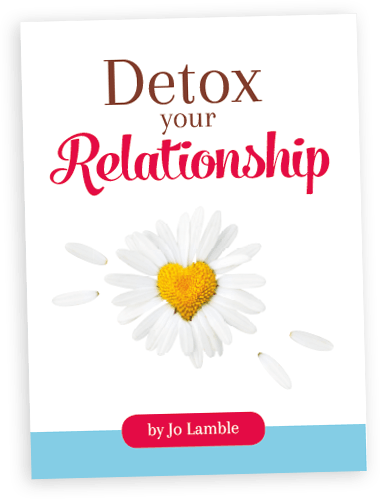 It might seem cruel not to reassure a child or partner or friend when they are anxious or upset, but often reassurance makes things worse. In psychological terms, reassuring someone can negatively reinforce unhealthy thoughts and behaviour.
It might seem cruel not to reassure a child or partner or friend when they are anxious or upset, but often reassurance makes things worse. In psychological terms, reassuring someone can negatively reinforce unhealthy thoughts and behaviour.
Most of us are aware of the power of positive reinforcement. If we are praised or rewarded, we are more likely to do the behaviour that earned us the praise again in the future. We are also familiar with the idea of punishment. If we get punished for bad behaviour, we are less likely to act in the same way in the future. But many people don’t realise that there is a third form of reinforcement and that’s negative reinforcement. Negative reinforcement occurs when an unpleasant emotion or sensation is removed. Whatever took the physical or emotional pain away is strengthened or reinforced.
A simple example would be when you have a headache and you take some paracetamol. If the pills take away the headache, you are more likely to take the paracetamol again when another headache comes along. If instead of taking a pain killer you drink a big glass of water or have something to eat and that’s what takes the pain away, you are more likely to reach for some water or food next time.
Similarly, if you feel stressed or anxious and you have a wine or a beer, which makes you feel more relaxed, drinking alcohol is negatively reinforced – you’re more likely to do it again next time you’re feeling stressed or anxious. But, if you do a relaxation exercise or go for a walk when you’re feeling stressed, and that’s what leads you to feel better, you are more likely to choose that option in the future.
So, back to reassurance …..
If your partner keeps asking for reassurance that they are loved, it’s easy to fall into the trap of telling them that of course you love them. But that is only reinforcing the reassurance-seeking behaviour. Better to ask them why they keep asking and why their confidence in your love is so low.
If your child keeps asking for reassurance that no one will break into the house and kidnap them in the middle of the night, it feels cruel not to reassure them that nothing bad will happen. But that is only reinforcing the reassurance-seeking behaviour and may be increasing their anxiety. Better to discuss how anxiety works and how they can manage anxiety with some slow breathing and relaxation.
If a friend keeps checking whether they have upset you with something they said or did, it feels like you should reassure them that they have done nothing wrong. But that just strengthens the checking behaviour and may be helping to increase their fear of upsetting anyone. By all means, reassure them once or twice, but if it’s an ongoing behaviour, it’s kinder to resist the urge to reassure.
If it feels too cruel to hold back some reassurance, give some empathy instead. Tell your partner who’s asking if they are loved that you can hear that they’re feeling a little unsure of themselves at the moment. Show your child who’s afraid of being kidnapped some empathy by saying that you know how upsetting it is to be anxious about something. And empathise with your friend who fears negative evaluation by saying that you know how much they hate the thought of upsetting anyone.







